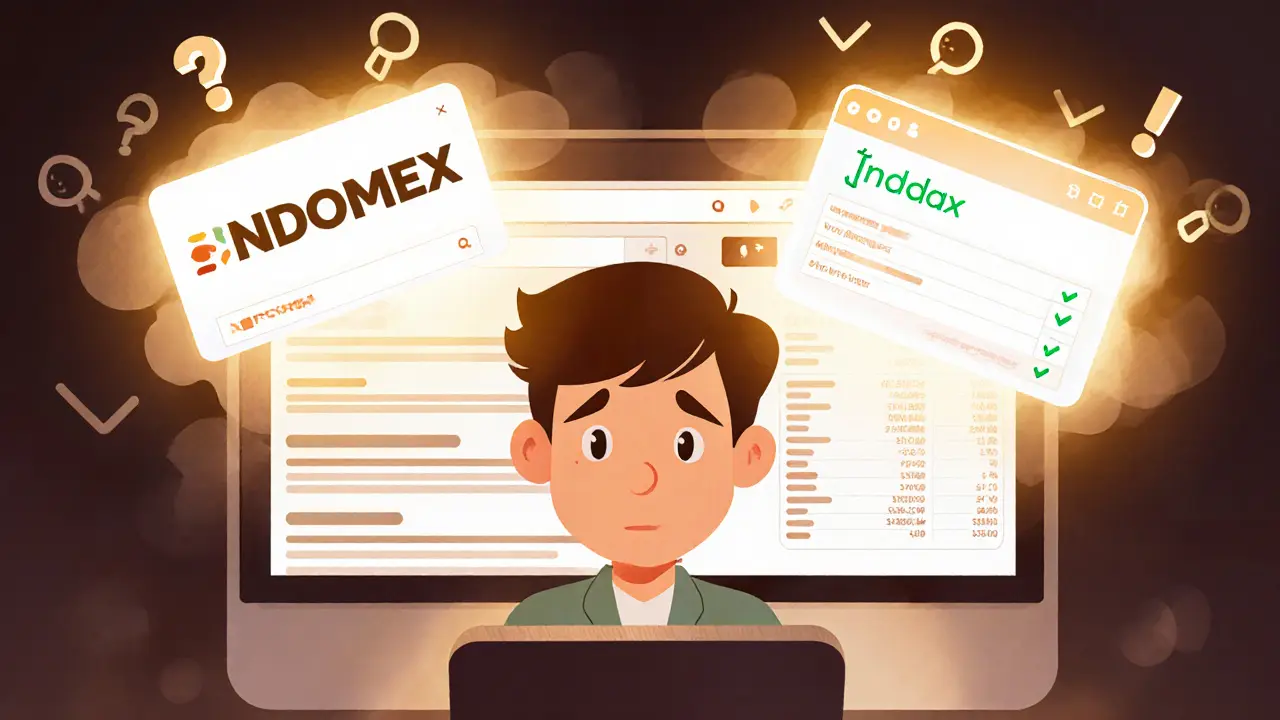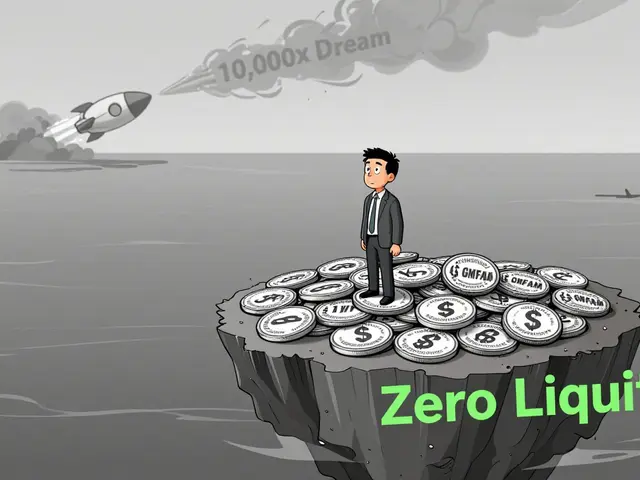Crypto Trading Platform: Reviews, Risks & How to Pick the Right One
When working with crypto trading platform, an online service that lets users buy, sell, and swap digital assets. Also known as digital asset exchange, it acts as the gateway between fiat money, crypto wallets, and the broader blockchain world. A good platform should be easy to use, secure, and transparent about fees. Below you’ll find a quick look at the most common features you’ll meet across the listings.
Key Types of Crypto Trading Platforms
One main group is the crypto exchange, a centralized service that matches buyers and sellers in order books. These platforms usually require KYC verification, hold custody of assets, and offer deep liquidity. In contrast, a decentralized exchange, or DEX, runs on smart contracts, lets you trade directly from your wallet, and doesn’t keep your funds in a custodial account. Then there are non-KYC exchange, which focus on privacy by skipping identity checks, but they often come with higher risk and limited support. Understanding which type matches your needs is the first step before diving into any specific platform.
Another important angle is exchange licensing. Jurisdictions like the EU, Singapore, and the US have clear rules that force platforms to register, audit their operations, and protect user funds. A licensed platform usually offers insurance, transparent reporting, and a reliable dispute resolution process. Unlicensed services may still work, but they can disappear overnight or become targets for regulators. Checking a platform’s license status can save you from nasty surprises later.
Security and fees are the next big topics. Most centralized platforms charge a maker‑taker spread, withdrawal fees, and sometimes inactivity fees. DEXs typically only charge network gas fees, which can swing wildly depending on demand. Non‑KYC services might hide fees in the price slippage, so always compare the total cost of a trade. Look for features like two‑factor authentication, cold‑storage wallets, and regular security audits. If a platform offers a bug bounty or has been audited by a reputable firm, it’s a good sign they take security seriously.
Beyond trading, many platforms sprinkle in extra goodies: airdrop alerts, staking rewards, or built‑in DeFi tools. For example, some exchanges run token giveaways that you can claim after meeting a trading volume threshold. Others let you earn interest by lending your crypto directly from the platform. These add‑ons can boost your portfolio, but they also bring extra risk, so read the fine print before you jump in. Below you’ll find detailed reviews, risk assessments, and step‑by‑step guides that cover everything from big centralized names to niche DEXs and privacy‑first options.
INDOMEX Crypto Exchange Review: What We Know & How It Stacks Up Against Indodax
A deep dive into the mysterious INDOMEX crypto exchange, its lack of public data, and how it measures up against Indonesia's verified platform, Indodax.





